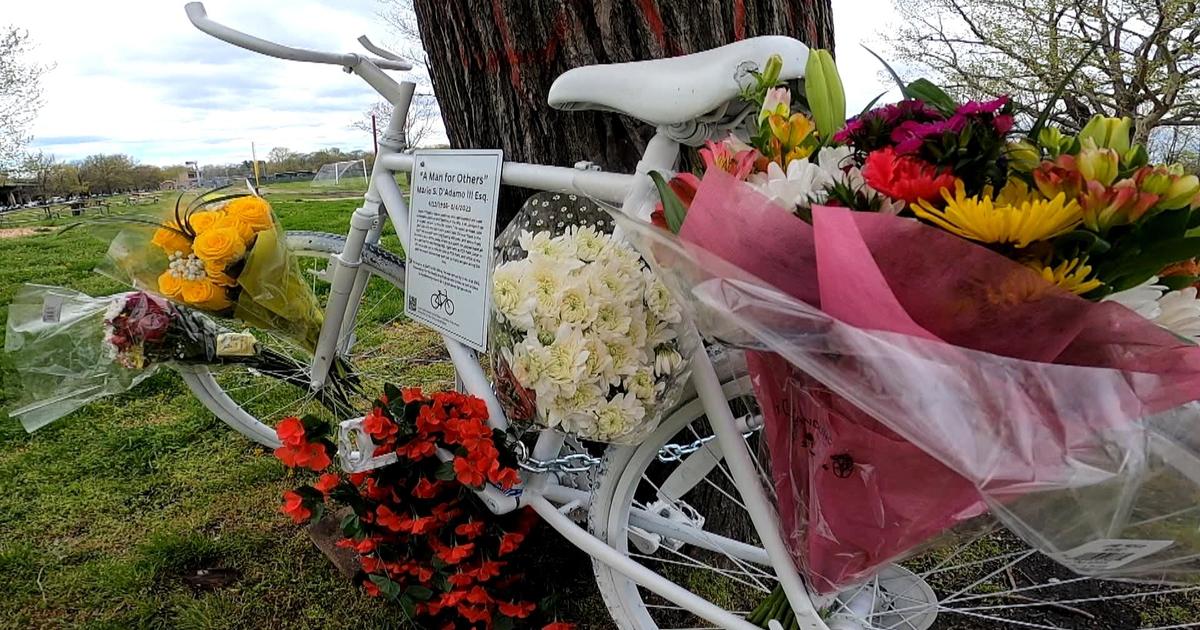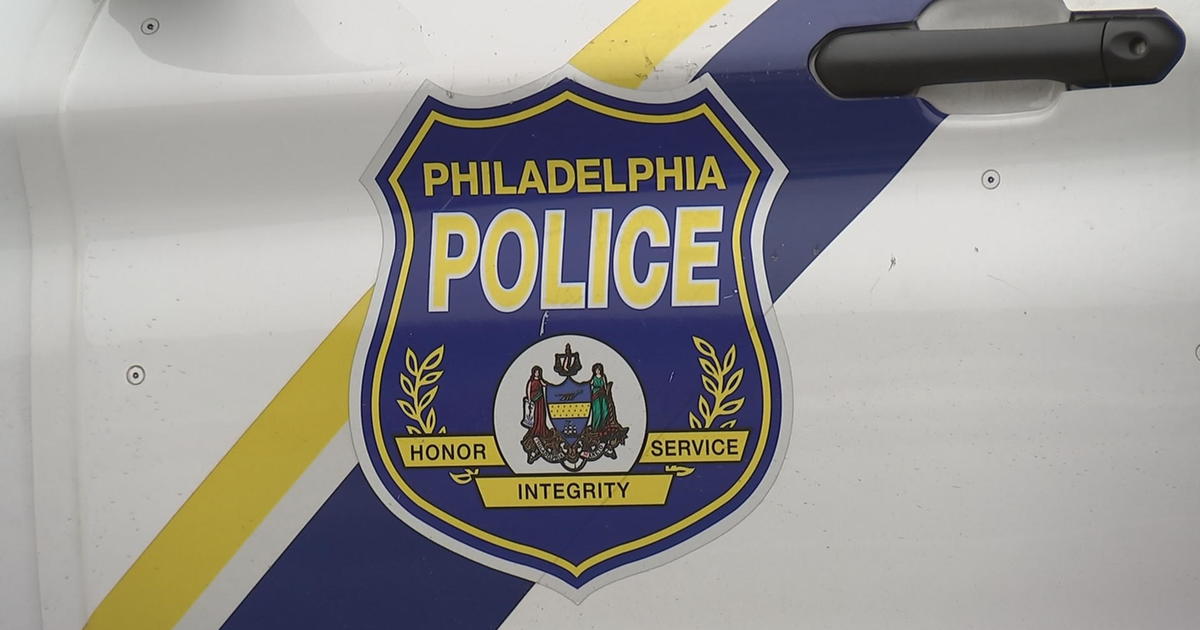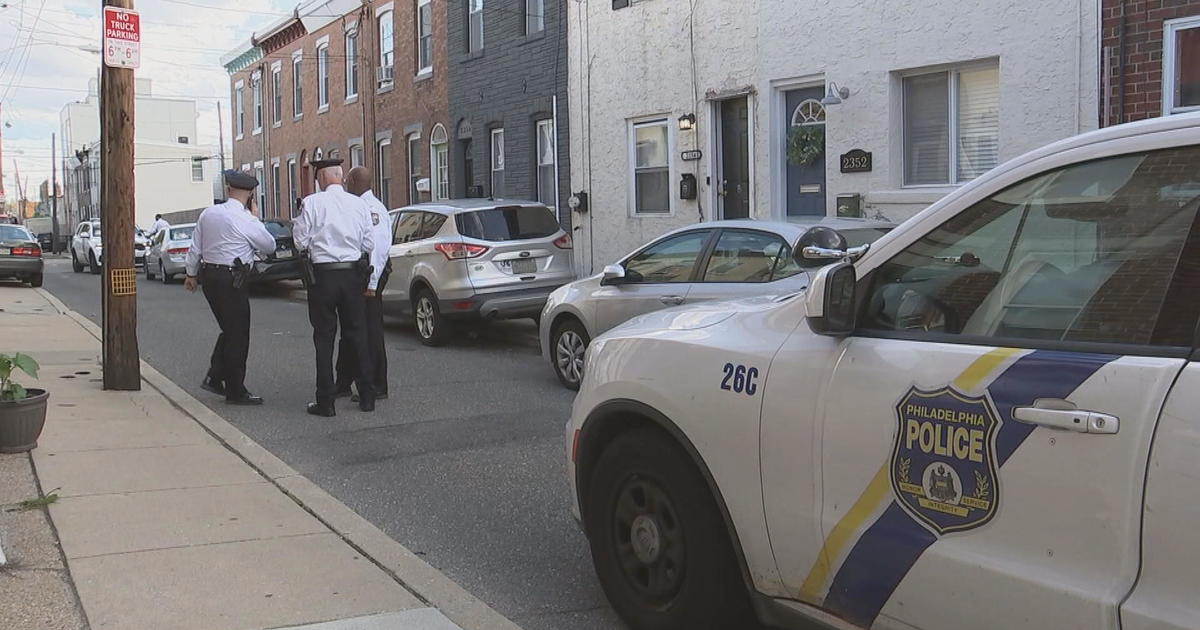Judges Asked To Rule On Warrantless GPS Tracking
PHILADELPHIA (AP) — A federal appeals court was asked Tuesday to decide whether the government must obtain a warrant before placing a GPS tracker on a suspect's car.
The case before the 3rd U.S. Circuit Court of Appeals in Philadelphia involves three brothers suspected of robbing several pharmacies. Authorities placed a GPS device on their car without a warrant in 2010, and the tracking led to their arrests two days later.
Lawyers representing the trio told a three-judge panel that warrantless tracking violates the Constitution's guarantee against unreasonable searches. But Assistant U.S. Attorney Robert Zauzmer contended that authorities followed relevant legal precedents at the time in using the tracker without a warrant and had probable cause to suspect illegal activity.
"This is a very important law enforcement tool," Zauzmer said.
A district judge last year ruled in favor of brothers Harry, Mark and Michael Katzin, who had sought to suppress evidence gathered during the traffic stop in which they were arrested. The Justice Department appealed that ruling to the 3rd Circuit.
The judge had based his decision in part on a recent Supreme Court ruling that found the use of a GPS tracker constitutes a search. However, the judge noted that the high court's 5-4 ruling did not address the issue of long-term monitoring or whether a warrant is required.
The Philadelphia case began in 2009 after city police approached the FBI about a string of pharmacy burglaries, each of which involved the alarm system being disabled by cutting outside telephone lines.
Authorities later identified electrician Harry Katzin as a person of interest after several suspicious encounters at Rite Aid pharmacies in which he was questioned by police but let go. The FBI eventually placed a tracker on the car, and the trio was pulled over after a Rite Aid burglary in Hamburg, Pa.
Harry Katzin's attorney, Thomas Dreyer, acknowledged that authorities had probable cause to suspect his client.
"Whether they did the right thing with that probable cause is what we have to decide," said Judge Franklin Van Antwerpen.
The brothers' lawyers argued that the warrantless tracking was an unreasonable search. They also argued that authorities had plenty of time to apply for a warrant — and should have done so, because the relevant legal issues were unsettled when the tracker was placed in 2010.
"This was an open issue. Why not ... get a warrant?" said attorney Rocco Cipparone, who represents Mark Katzin. "We should err on the side of protecting Fourth Amendment rights."
Zauzmer countered that some federal appeals courts had ruled at the time that warrants were not required, and that authorities acted in good faith in relying on those decisions to justify the tracker. Moreover, he said, car searches don't require warrants.
A lawyer for American Civil Liberties Union, which filed an amicus brief supporting the Katzins, disputed that interpretation of the so-called "automobile exception" to warrants. The exception was developed to help police find contraband hidden in cars, not to allow unlimited tracking of suspects, said attorney Catherine Crump.
It's unclear when the appeals court will rule.
(© Copyright 2013 The Associated Press. All Rights Reserved. This material may not be published, broadcast, rewritten or redistributed.)



